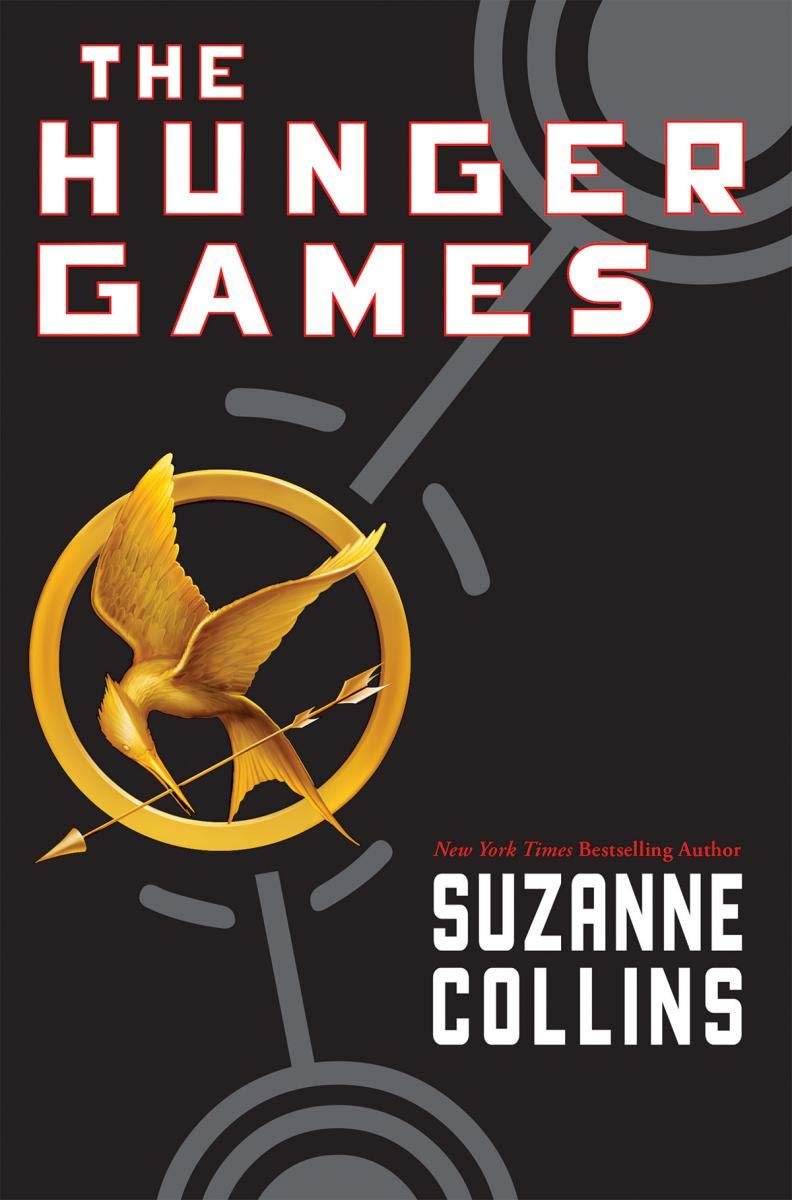Author: Sherman Alexie
Title
The Absolutely True Diary of a Part-Time Indian
Genre
Contemporary Realistic Fiction
Alexie, Sherman. The Absolutely True Diary of a Part-Time Indian. Little, Brown Books for Young Readers, 2012.
Grade Level: 11th - 12th Grade (maybe excerpts for 9th & 10th)
Pages: 230 pages
The Absolutely True Diary of a Part-Time Indian is a novel by Sherman Alexie that follows the life of Junior, a young Native American teen living on a reservation. Junior has experienced discrimination his entire life. He was born with hydrocephalus which has caused his own community to pick on him, and as a Native American he is looked down on and stereotyped by the people outside of his community. Despite this, Junior makes the courageous step to leave the reservation and seek out an education at Reardan High School. Junior seeks to make a life for himself and give himself hope. This novel is told in the first person and illustrated by Junior’s comics throughout the pages.
Possible Teaching Concerns:
This novel has a lot of sexuality in it. Junior talks about his masturbation habits often throughout the novel and often expresses his own interest in the girls around him. There are chapters where Junior and one of his friends talk about “boners” continuously. He also mentions the magazines of naked women that he has. There are other parts of the novel where racial slurs are used. I think that things like racial slurs need to be handled very carefully in the classroom environment. It is the teacher’s job to ensure the safety of the students in the classroom and so it is important for teachers to be aware of their students and how talking about these subjects might affect them. There is also a lot of alcohol and violence depicted in this novel. Junior’s father’s best friend is shot in the face over a dispute over alcohol, and this is just one of the very disheartening instances that this topic comes up.
Personal Reactions:
Although there are a lot of reasons why teachers should be careful when picking this book to be read in the classroom, I think it is a necessary book. There aren’t lot of Native American authors or role models for students to hear from. The Native American culture is disappearing, and these are real issues that surround their communities. I think this book is vital in making sure that all students are represented in the classroom. Although this novel tends to be vulgar, in the end it tells a story of hope and a bright future. I think that every kid needs to read this story and I think it is important for teachers to teach it. Now, I might not teach the specific chapters where sexuality is talked about in great lengths, and I would make sure to preface this book before the class read it. One very important thing to highlight is that not all Native Americans are alcoholics. Sherman Alexie was just depicting his own life experiences, and this was not meant to become another stereotype. I would use this book for a multicultural unit or a coming-of-age themed unit.
Canonical Work:

The Catcher in the Rye, by J. D. Salinger, is another coming of age novel centered around a young teenage kid, Holden. I would pair this book with The Absolutely True Diary of a Part-Time Indian because both talk about different types of discrimination. In The Absolutely True Diary of a Part-Time Indian, Junior talks about the stigmas that surround Native American and people with physical disabilities. Holden talks about the stigmas that surround mental illnesses like depression and suicide. Both these books offer commentaries on very difficult subjects that unfortunately exist in the classrooms. This is why it is so important to teach these types of novels in the classroom to our students, so that we can educate them and give them a voice.
Sherman Alexis Interview
Smoke Signals Trailer (Co-written by Sherman Alexis)

No comments:
Post a Comment